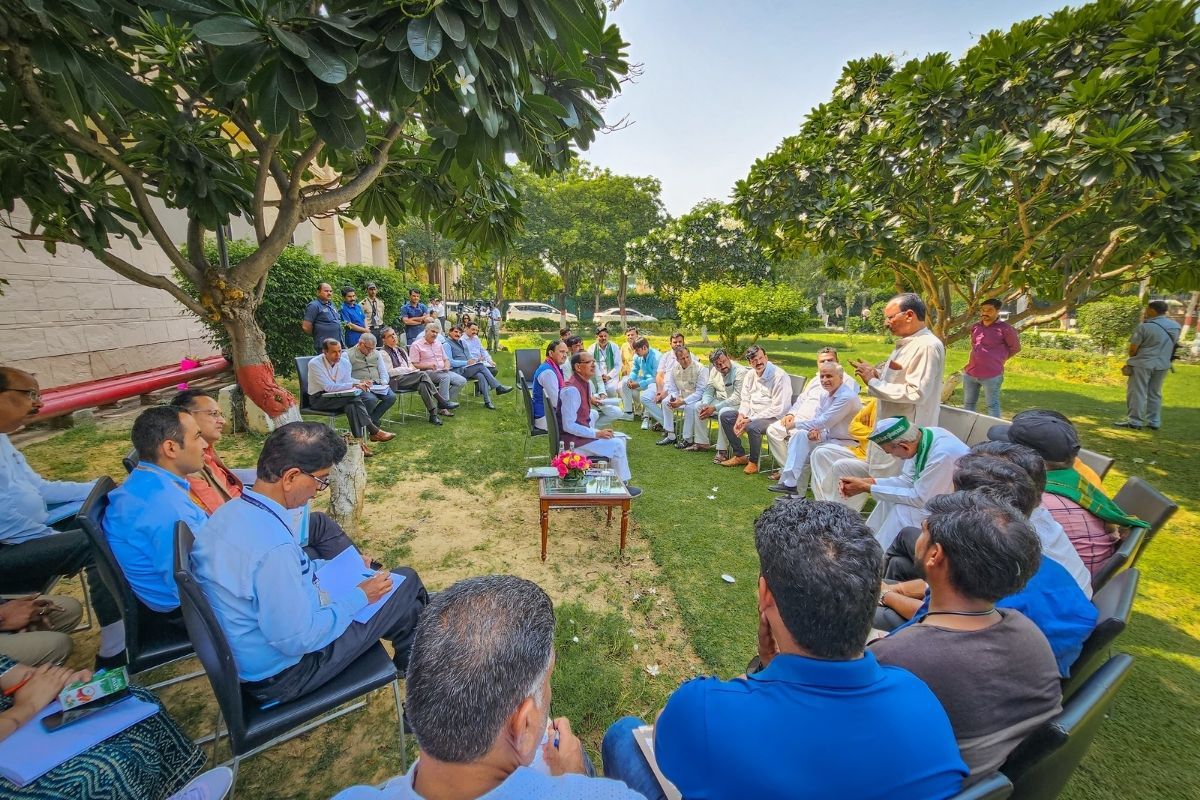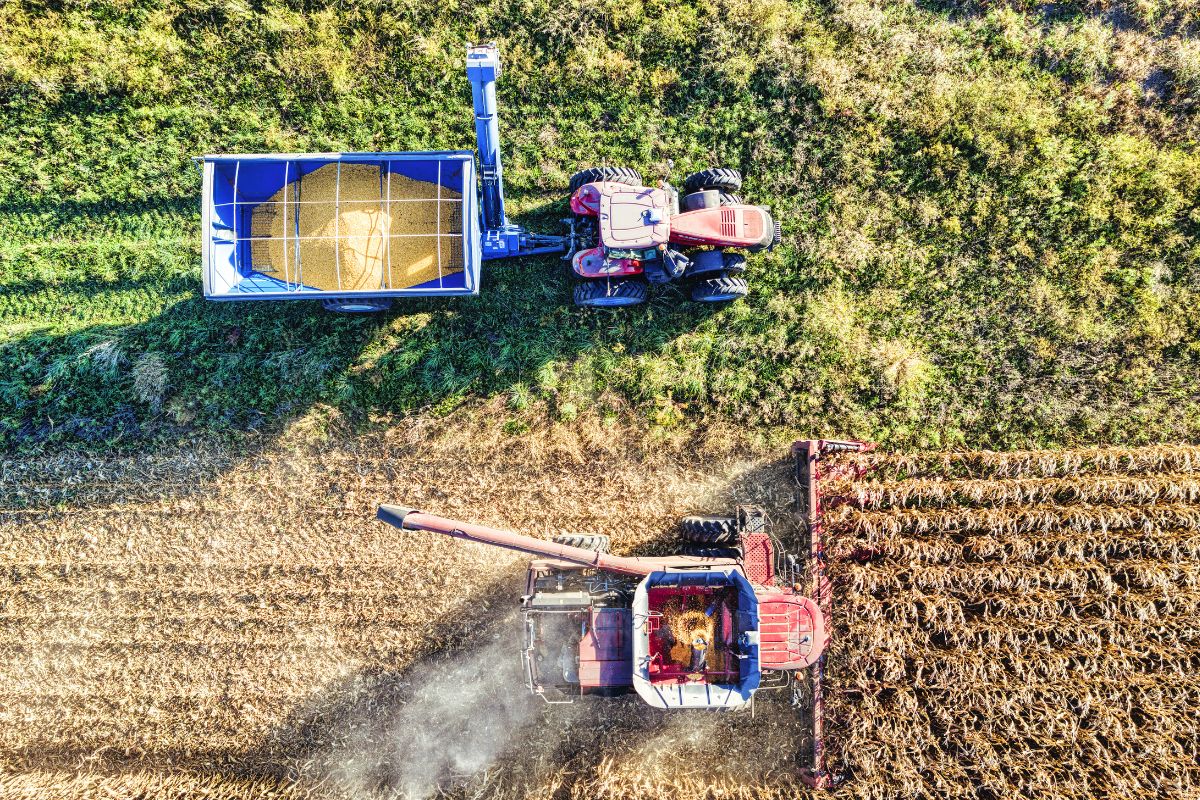The Indian government is willing to introduce stricter regulations to combat the sale of substandard seeds and pesticides, potentially boosting farmers’ incomes by 10 to 20 percent. Agriculture Minister Shivraj Singh Chouhan made this announcement after a meeting with Bhartiya Kisan Union (Independent) representatives in New Delhi on Tuesday.
During the meeting, part of Chouhan’s ongoing dialogue with farmers every Tuesday, the Minister welcomed leaders and members from various farmers’ organizations. Discussions focused on issues affecting farmers, including reducing agricultural costs, securing profitable prices, protecting crops from waterlogging, and ensuring the availability of quality pesticides and seeds.
Chouhan noted farmers expressed worries about the deteriorating condition of the soil due to the unchecked pesticide and fertilizer use. There was an emphasis on better dissemination of information about government schemes, which many farmers believe they don’t fully utilize due to a lack of awareness. While the crop insurance scheme received praise, many farmers haven’t accessed this benefit.
Farmers raised practical issues like the timely replacement of burnt transformers to prevent crop irrigation disruptions, the impact of contaminated factory water on agricultural land, and the need for streamlined record-keeping processes to ease administrative burdens.
The Minister acknowledged that addressing these “small” but significant issues could substantially enhance farmers’ incomes. “If these are solved, the income of the farmers will increase by 10 to 20 percent,” he said, emphasizing the government’s commitment to tackling the problems within its jurisdiction and referring state-related issues to the appropriate authorities.
The current seed quality framework in India, established by the Seeds Act of 1966, may change as the government considers stricter regulations. A Seeds Bill introduced in 2004 aimed to improve seed quality standards and enforce registration of all seed varieties for sale but remains unimplemented. Similarly, a newer Seeds Bill from 2019, intended to replace the outdated law, has faced opposition from farmers concerned about losing seed sovereignty and becoming dependent on patent-owning corporations.
Chouhan reiterated the government’s dedication to collaborating with farmers and state governments to implement the suggestions and tackle challenges in the agricultural sector. “This discussion is useful because serving farmers is like worshipping God,” he concluded, reflecting his commitment to improving India’s agricultural landscape.
Support us to keep independent environmental journalism alive in India.
Keep Reading
Part 1: Cloudburst in Ganderbal’s Padabal village & unfulfilled promises
India braces for intense 2024 monsoon amid recent deadly weather trends
Follow Ground Report on X, Instagram and Facebook for environmental and underreported stories from the margins. Give us feedback on our email id greport2018@gmail.com.
Don’t forget to Subscribe to our weekly newsletter, Join our community on WhatsApp, and Follow our YouTube Channel for video stories.







